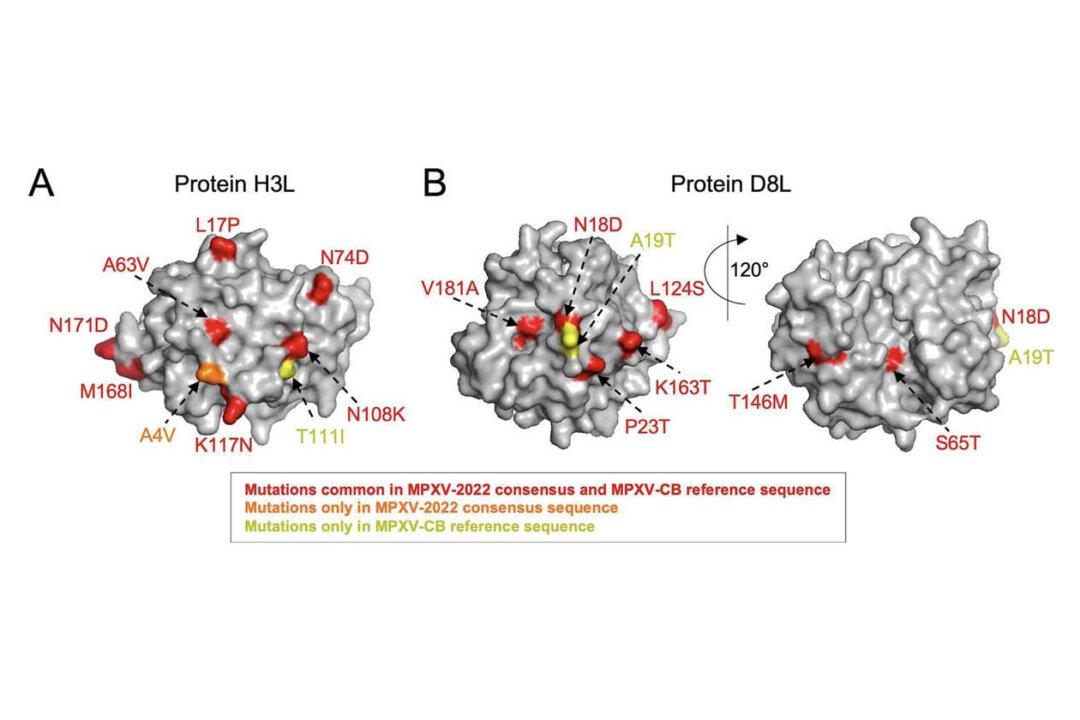The Hong Kong University of Science and Technology (HKUST) announced on Sept. 9 the finding, from joint research by the HKUST and the University of Melbourne, Australia, that the immune response induced by vaccinia virus-based smallpox vaccines is cross-reactive with the monkeypox virus in humans. The findings were published in the international scientific journal Viruses.
The research was co-led by Professor Matthew McKay of the University of Melbourne, and Research Assistant Professor Ahmed Abdul Quadeer of the Department of Electronic and Computer Engineering of the HKUST.




